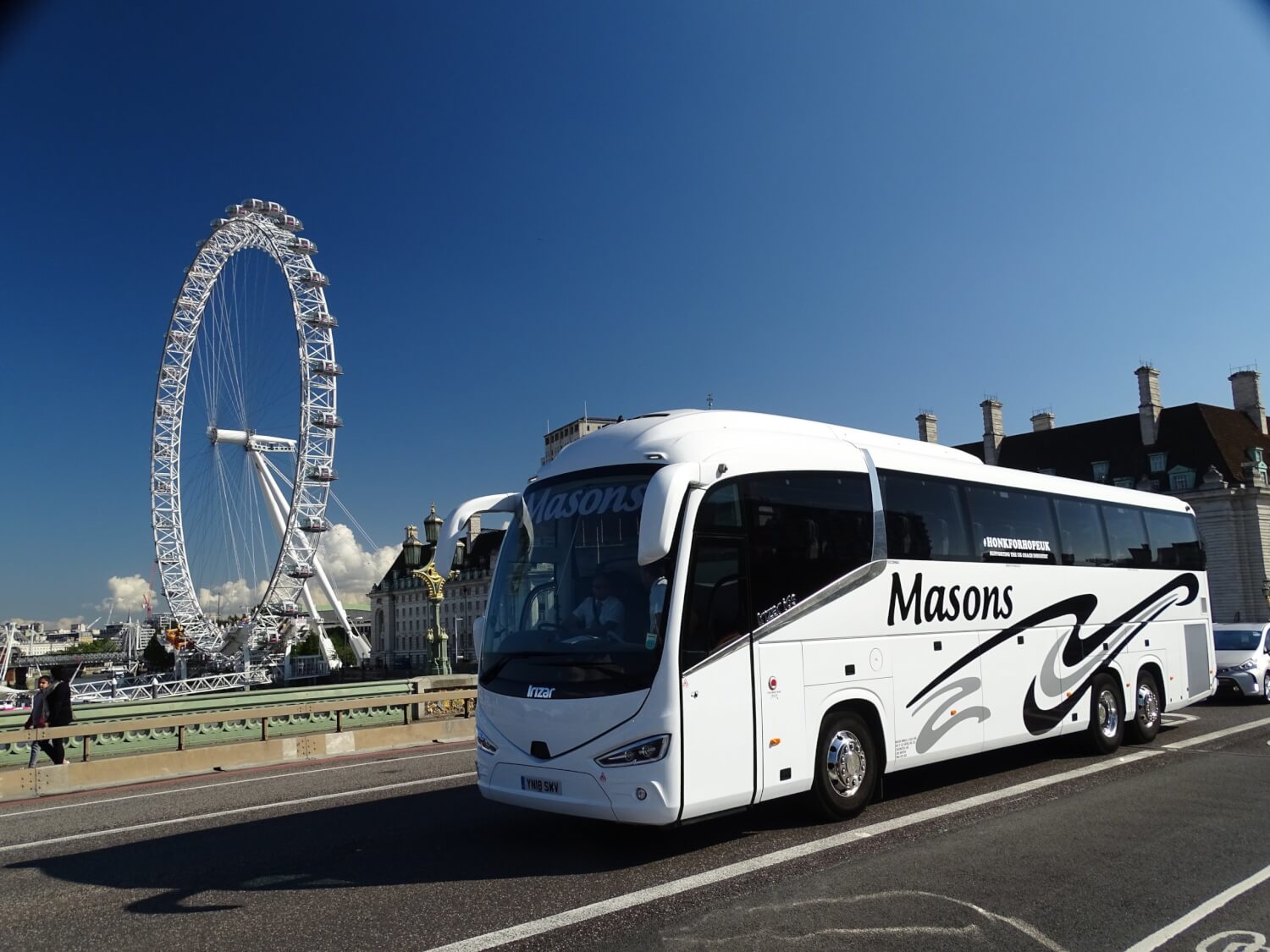Claire Walters, Chief Executive of Bus Users UK, explains how coach operators are stepping up this Christmas – despite a nightmare year for the industry
The pandemic is devastating the UK’s coach industry but unlike many other sectors, coach operators are not in line for Government support. Coach services contribute £7bn each year to the UK economy through tourism alone and employ 42,000 people. Yet despite numerous calls from transport bodies, passenger groups and the industry itself, Government is still refusing to recognise coaches as part of the leisure sector and therefore eligible for any associated support. Many coach operators are small, family-run businesses and without this support will close for good.
Ironically, despite the challenges facing operators, it’s the nation’s coach industry that is stepping up to ensure families can be reunited for Christmas, preparing safe transport for around one million young people currently at universities across the UK.
We ran a survey recently to find out how people were feeling about travelling by bus and coach in light of the health crisis. Interestingly, while 28% of respondents told us they felt safe travelling by bus, almost the same percentage told us they did not feel safe travelling by coach. This survey was carried out as the first lockdowns across England, Scotland and Wales were being eased.
Yet coach operators have done as much to ensure their vehicles are as clean and safe to use as bus operators – in some cases more. And with the festive season looming, and a small window of opportunity to return students to their homes once universities close their doors, it is coach operators who are offering a UK-wide, Covid-19-compliant, efficient and, crucially, affordable lifeline.
Operators like National Express have been working round-the-clock to provide clean, socially-distanced transport, and harnessing the latest technology to ensure journeys are as ‘touchless’ as possible with online booking, mobile ticketing, live vehicle tracking and contact tracing.
Many are laying on extra vehicles and services to cope with demand and to meet social-distancing requirements, and they are making special efforts to ensure journeys are affordable, with low prices and discounts to students notoriously short of funds.
Before the pandemic, millions of us relied on coach services to take holidays, day trips and short breaks, and to visit a range of attractions across the UK and overseas. They provide vital access to schools and educational days out, experiences many students might not otherwise have, and they bring huge economic benefits to the villages, towns and cities they visit. Theatres, museums, country parks, heritage properties and sporting events all depend heavily on their business.
Beyond the purely economic arguments, however, are the wider, social impacts. Coaches are affordable and accessible and, with a knowledgeable driver on-hand for the entire journey, they offer a genuinely inclusive form of transport, particularly for people travelling long-distances alone, vulnerable and older people, and people with disabilities. All of which reduces social isolation, makes a short break or holiday possible for people who might not otherwise be able to get away, and keeps people connected to friends and family who may live long-distances from each other.
This will be especially true for Christmas 2020, as students plan their return journeys after a challenging first term at university and what, for many, may have been their very first time away from home.
Coaches are not just a vital part of our leisure industry, they are fundamental to the lives and businesses of millions of people up and down the UK. The question isn’t whether we can afford to support them, it’s whether we can afford not to.


